Banks increase financial buffers
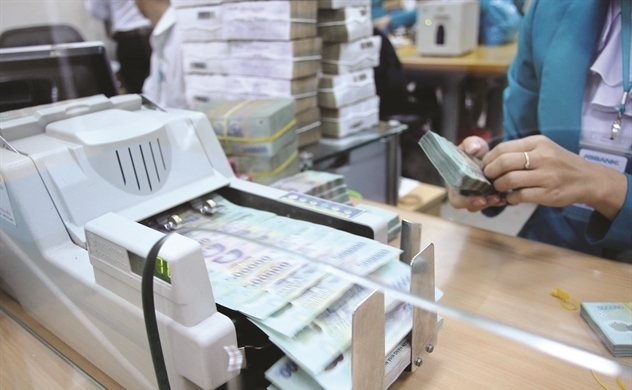
The financial report for the first quarter of 2023 showed that profit growth of many banks has slowed down markedly. Photo: Quy Hoa.
“The need to cut interest rates is the desire of businesses. The National Assembly and Government are interested in this. However, the interest rate reduction must be placed in the context of macroeconomic and monetary stability, ensuring the safety of the banking system", the Governor of the State Bank of Vietnam Nguyen Thi Hong emphasized during a recent meeting.
The bad debt pressure
The Governor's message showed the pressure of the banking system in the face of increasing bad debt when the health of businesses is getting worse. In a newly released report on Vietnam's economic situation in May and the upcoming prospects, HSBC assessed that Vietnam has not yet overcome the current difficult situation and has a long way to go before seeing a recovery.
According to the State Bank of Vietnam, the banking system's gross bad debt was 5% by February 2023, twice as high as at the end of 2021. Dr. Nguyen Quoc Hung, General Secretary of the Vietnam Bankers Association, stated that asset quality is eroding and bad debt control is difficult. He predicted banks' bad debt ratios will rise has numerous grounds.
Many banks reported negative profit growth in the first quarter of 2023. Net interest revenue, which accounts for 75–80% of bank operating income, has declined, causing this pattern. The competition to boost deposit interest rates increased the bank's input interest expenses but output interest rates did not. In the past quarter, banks preferred lending arrangements for clients' lowered income.
Most banks have cautious 2023 business plans for profit targets. Vietcombank, VietinBank, and BIDV targeted a 10-15% profit increase. Private banks ACB, VIB, MB, VPBank, and SHB decreased their growth projections to 10-17%.
Increased backup cache
In the face of concerns about new bad debts, banks' provision buffers are of more concern, especially at a time when bad debts are increasing at a faster rate than provisioning.
Currently, Vietcombank is still the bank with the highest provisioning buffer with a bad debt coverage ratio (LLR) reaching 321% at the end of March 2023. Meanwhile, the LLR ratio of MB and BIDV decreased significantly to 171% and 138% respectively.
Some other banks that also maintain LLR ratios above 100% include Techcombank (134), ACB (117%), LPBank (111%), SeABank (105%), and Sacombank (104%). Most other small banks now have bad debt coverage ratios below 100%, and even 9 banks are below 50%.
Many Vietnamese banks worry about bad debt and the low capital adequacy ratio (CAR). Many banks focus on CAR and capital raising this year and next to protect against economic turbulence at home and abroad. After putting aside cash in 2021, Big 4 banks BIDV and Agribank anticipate boosting charter capital from after-tax profits.
BIDV also plans to increase its charter capital to more than VND 61,557 billion by paying dividends in shares and issuing it privately or offering it to the public in 2023. VietinBank plans to increase its capital to VND 66,030 billion. With the group of private joint stock commercial banks, VPBank intends to increase its charter capital to VND 79,339 billion; MB to VND 53,683 billion; TPBank's VND 22,016 billion ...
CASA racing start
Since the State Bank has cut the operational interest rate three times, interest rates are at their high and tend to fall. Many analysts expect this approach to reduce lending rates. quicker than deposit rates, and the demand deposit ratio (CASA) should rebound as interest rates fall. Banks' 2023 operations depend on CASA's cheap funding flow. High CASA lowers capital costs and gives the bank a competitive edge in the turbulent market. High retail weight and CASA ratio banks can tolerate NIM shrinkage.
Many banks are suffering from CASA's steep fall and high deposit interest rates since 2022. Because, according to Mr. Ngo Hoang Ha, Senior Director of Corporate Finance at Techcombank, consumers shift money to term deposits to have more money when the economy is bad and investment options are few. strong interest.
Professor - Dr. Dinh Trong Thinh, a banking specialist, estimated that the system's CASA share had the opportunity for growth. Thus, the race for cheap capital will continue. A network of private banks that invests in technology, especially mobile apps, and has a strong ecosystem image can attract many individual consumers. core. Techcombank, MB, VIB, and TPBank have consistently recruited new consumers.

 TIẾNG VIỆT
TIẾNG VIỆT 
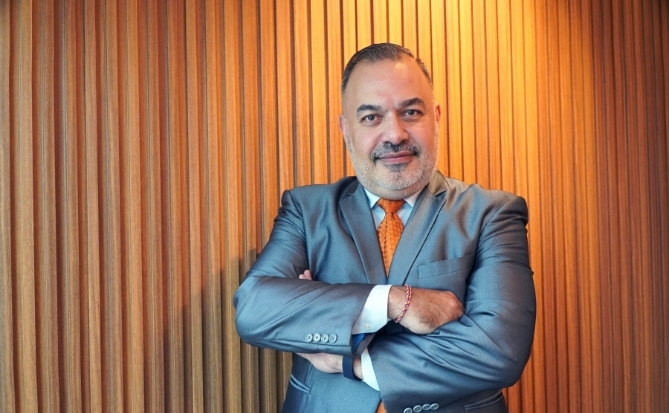

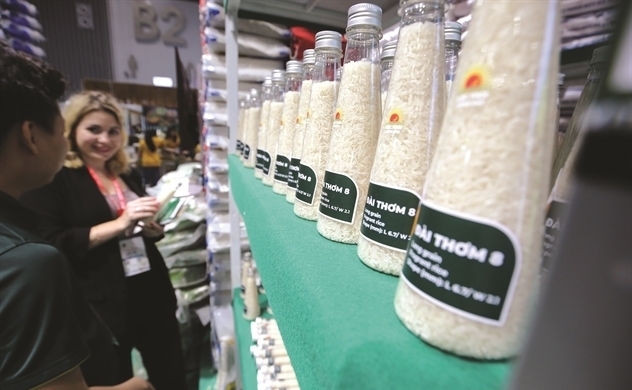



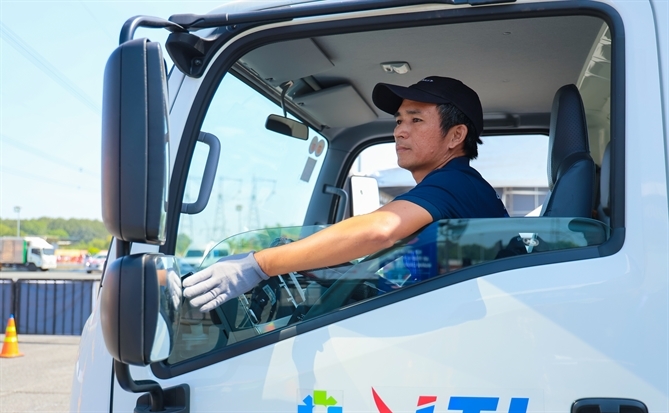
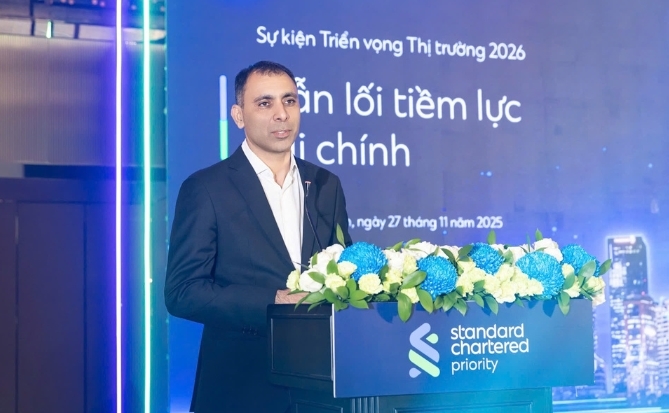


_131447820.png)







